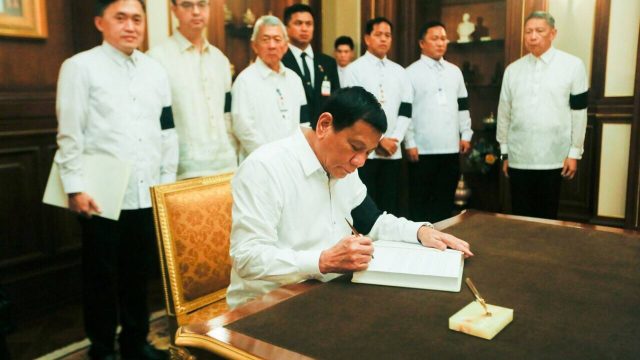The Philippines has had its share of controversial presidents, and Rodrigo Duterte is no exception. He served as the 16th President of the Philippines from 2016 until 2022, leaving a lasting legacy that remains a topic of debate even after he has left office. In this article, we will delve into the Philippines’ ex-president Duterte legacy and examine the impact of his policies on the country.
Rodrigo Duterte was a former prosecutor and mayor of Davao City before he became president in 2016. He was known for his tough stance on crime, drugs, and corruption. His administration’s war on drugs, in particular, drew both praise and criticism, with some calling it a success while others condemned it as a violation of human rights.
The Duterte Legacy
Duterte’s legacy is mixed. His supporters credit him for being tough on crime and corruption, reducing poverty, and boosting the country’s economy. His detractors, on the other hand, criticize him for his controversial policies, such as his drug war, and his authoritarian tendencies.
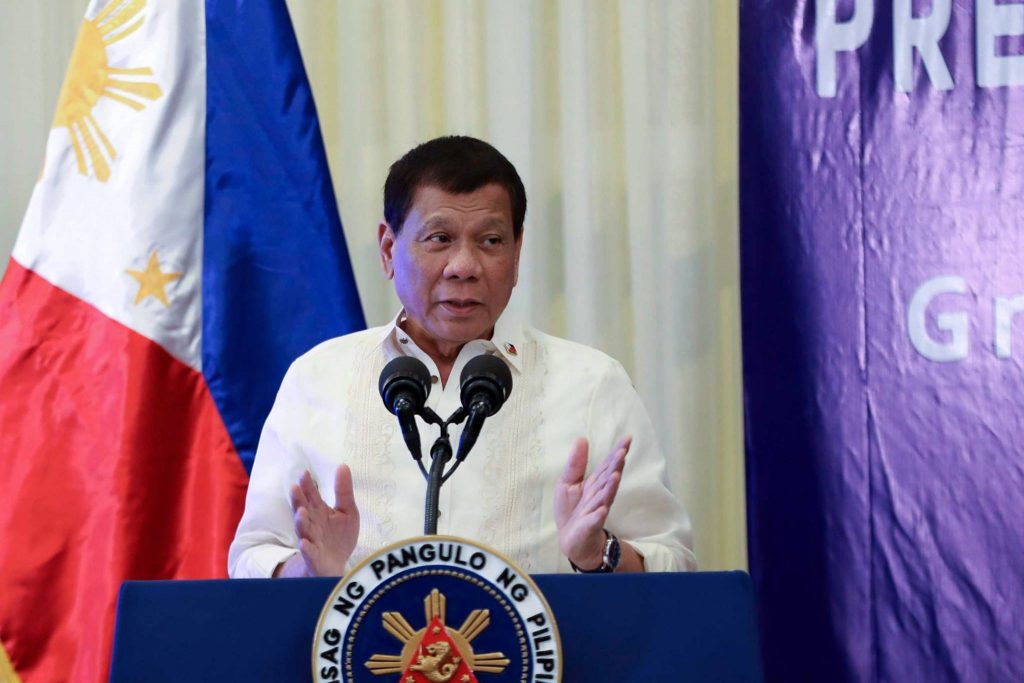
Economic
One of Duterte’s main accomplishments was his economic legacy. He oversaw a period of sustained economic growth, with the country’s GDP growing by an average of 6.4% annually during his presidency. This was driven by increased infrastructure spending, foreign investment, and a growing business process outsourcing (BPO) industry. The BPO industry alone created over a million jobs and generated billions of dollars in revenue.
Infrastructure
Duterte also made significant investments in infrastructure, including the Build, Build, Build program, which aimed to build new airports, seaports, highways, and other infrastructure projects across the country. This program has the potential to transform the country’s infrastructure and boost economic growth in the long term.
War on Drugs
One of Duterte’s most controversial policies was his war on drugs. The policy aimed to eradicate drug use in the country by targeting drug dealers and users. The policy was implemented through extrajudicial killings, with the police and vigilante groups responsible for the deaths of thousands of suspected drug dealers and users.
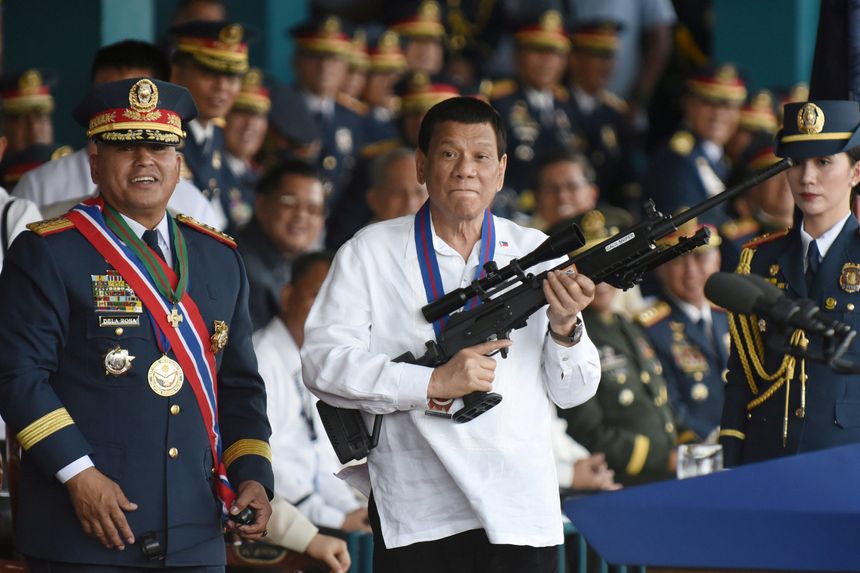
The drug war was both praised and condemned. Supporters of the policy argue that it was necessary to tackle the drug problem in the country, which had become a major concern. They also point out that the policy was effective, with drug-related crime and drug use reportedly declining.
Read: Philippines’ ‘War on Drugs’
Opponents of the policy, however, argue that it was a violation of human rights, with innocent people getting caught up in the crackdown. They also point out that the policy did little to address the root causes of drug use and crime, such as poverty and lack of access to education and healthcare.
Foreign Relations
Duterte’s foreign policy was characterized by a shift towards China and away from the United States. He expressed his admiration for Chinese President Xi Jinping and sought closer ties with China, including signing deals on trade and investment.
This shift in foreign policy raised concerns among some of the country’s allies, including the United States. However, Duterte argued that it was necessary to pursue a more independent foreign policy and to diversify the country’s economic and political ties.
Legacy on Democracy
Duterte’s legacy on democracy is also a topic of debate. His critics accuse him of undermining democratic institutions, such as the judiciary and the media. They point out that he attacked journalists who criticized him and jailed his political opponents.
However, Duterte’s supporters argue that he was simply tough on those who threatened national security and stability. They also point out that he respected the constitutional limits on his power and did not seek to extend his term beyond what was allowed by law.
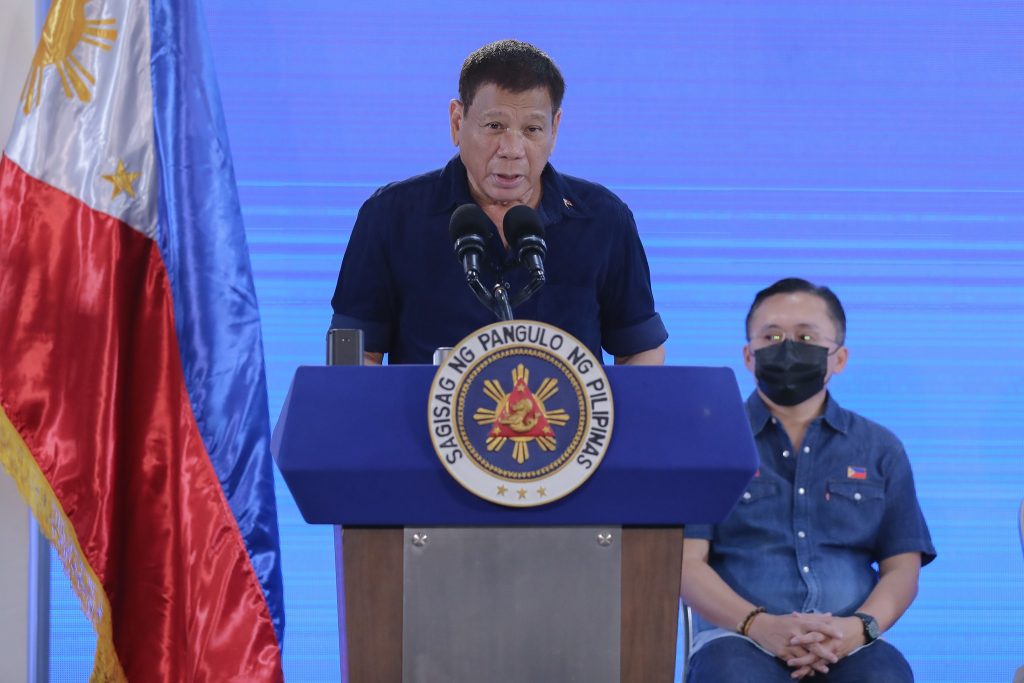
Conclusion
In conclusion, the Philippines’ ex-president Duterte legacy is a mixed bag. His economic legacy and infrastructure investments are undoubtedly positive accomplishments, but his controversial policies, such as the war on drugs, have drawn widespread criticism both domestically and internationally. Duterte’s foreign policy shift towards China and away from the United States has also been a contentious issue.
While some of Duterte’s policies were effective in achieving their goals, such as reducing crime and corruption, the methods used have been called into question. The extrajudicial killings associated with the drug war and the alleged undermining of democratic institutions have raised concerns about the state of human rights and democracy in the country.
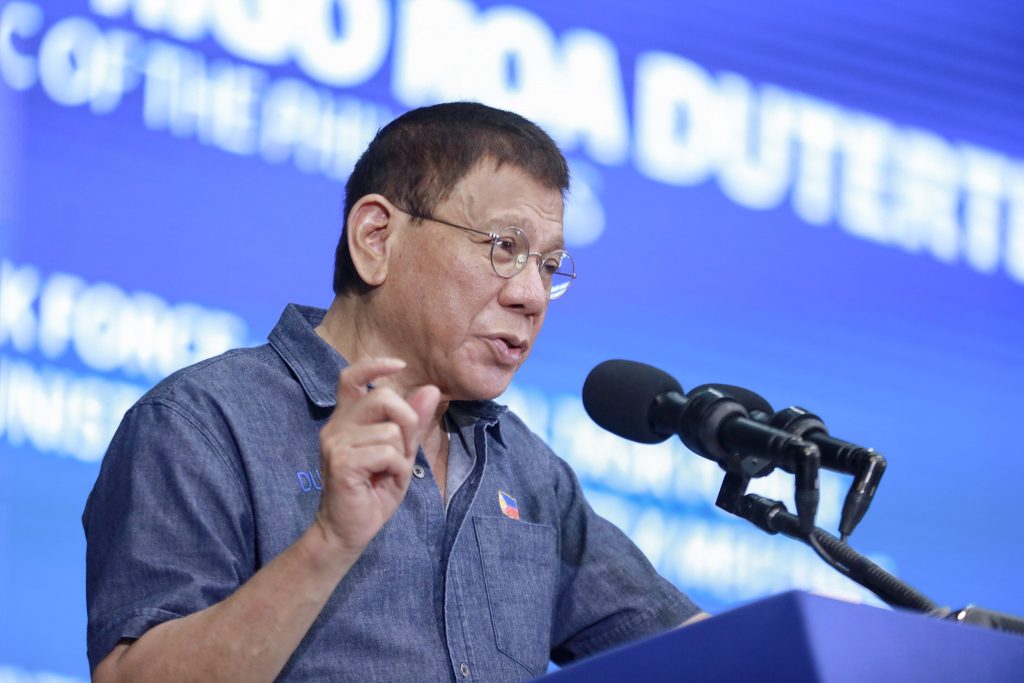
It remains to be seen how Duterte’s legacy will be viewed in the long term. Some may see him as a strong leader who took tough measures to address the country’s problems, while others may view him as an authoritarian who undermined the rule of law and democratic institutions.
Regardless of how Duterte is ultimately judged, his presidency has left a lasting impact on the Philippines. The country faces a complex set of challenges, including poverty, inequality, corruption, and political instability. Addressing these challenges will require a sustained effort from the country’s leaders and its people.
In the end, it is up to the people of the Philippines to decide how they view Duterte’s legacy and what path they want their country to take in the future. As the Philippines looks ahead, it will be important to build on the successes of the past and address the challenges of the present in order to create a brighter future for all Filipinos.

